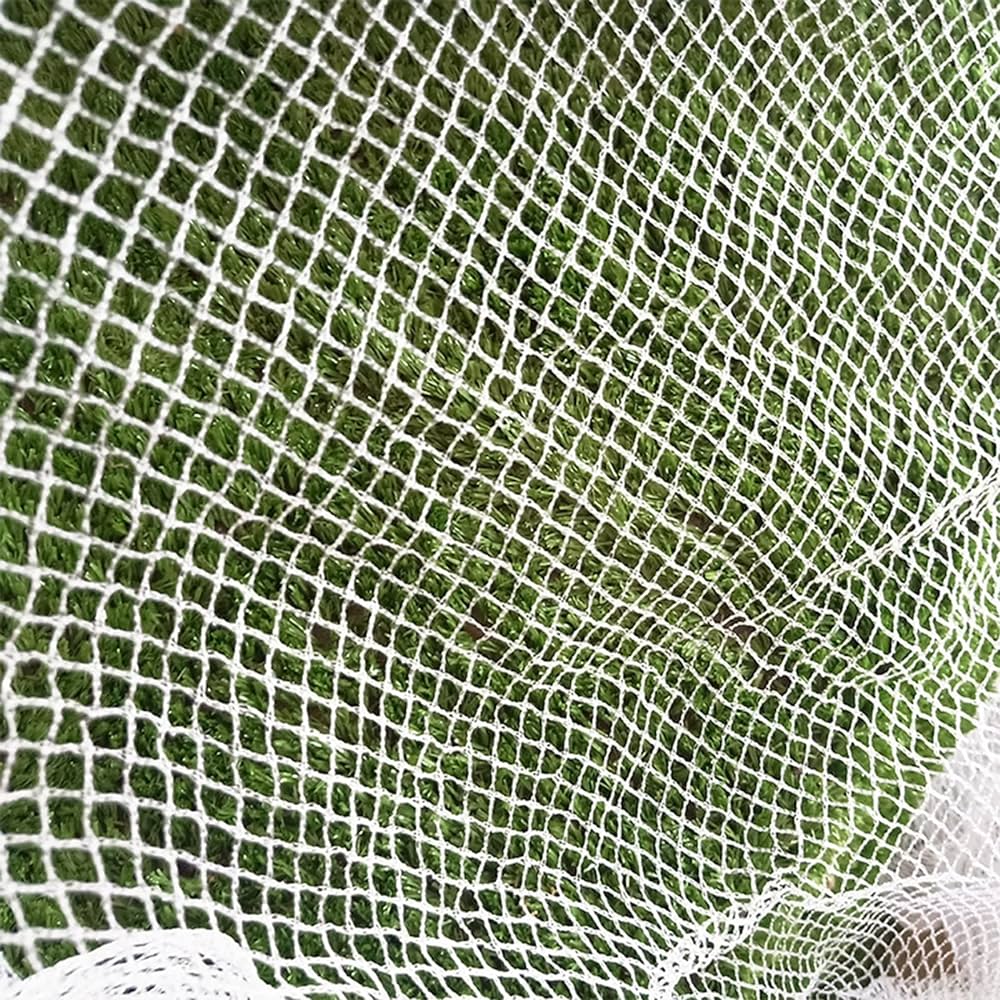Introduction: In the serene haven of a garden, where lush greenery thrives and colorful blooms dance in the breeze, there exists a delicate balance between nurturing growth and protecting against threats. Among these potential threats are birds, whose curious appetites for fruits and vegetables can pose a challenge to gardeners. However, with the advent of bird garden netting, gardeners have found a simple yet effective solution to safeguard their precious plants. This article explores the significance of bird garden netting in preserving the beauty and productivity of gardens.
1. Protection Against Avian Predators: Birds, with their sharp beaks and keen eyesight, are drawn to the ripening fruits and tender shoots of a garden. However, their foraging can lead to significant damage to crops. Bird garden netting acts as a barrier, creating a physical shield that prevents birds from accessing the plants. By covering garden beds or fruit-bearing trees with netting, gardeners can protect their harvests and ensure they reach maturity undisturbed.
2. Preserving Garden Bounty: One of the primary purposes of bird garden netting is to safeguard the yield of the garden. Whether it’s juicy berries, plump tomatoes, or crisp lettuce, every crop is precious to the gardener. Bird netting provides a non-invasive solution that allows gardeners to enjoy the fruits of their labor without the worry of bird-related losses. With the netting in place, gardeners can relish the satisfaction of harvesting their homegrown produce.
3. Fostering Ecological Harmony: While birds may pose a threat to garden produce, they also play a vital role in maintaining ecological balance. Bird garden netting allows gardeners to protect their crops without causing harm to avian visitors. This enables birds to continue their natural behaviors, such as pollination and insect control, contributing to the overall health and biodiversity of the garden ecosystem. By fostering a harmonious relationship with wildlife, gardeners can create a thriving garden environment that supports a diverse array of flora and fauna.
4. Sustainable Pest Management: Bird garden netting offers a sustainable and environmentally friendly approach to pest management. Unlike chemical pesticides or traps, which can harm birds and disrupt the ecosystem, bird netting provides protection without causing harm to wildlife. By embracing bird netting, gardeners can cultivate a garden that thrives in harmony with nature, promoting biodiversity and ecological balance.
5. Ease of Use and Maintenance: One of the key advantages of Bird Garden Netting is its ease of use and low maintenance requirements. The netting can be easily draped over garden beds, fruit trees, or trellises and secured in place with stakes or clips. Once installed, bird netting requires minimal maintenance, with occasional cleaning and inspection to ensure its effectiveness. With proper care, bird garden netting can provide long-lasting protection, season after season, making it a valuable investment for any garden.
Conclusion: In conclusion, bird garden netting serves as a guardian of gardens, protecting their beauty and productivity while preserving the delicate balance of the ecosystem. By providing a simple yet effective solution to pest control, bird netting allows gardeners to cultivate thriving garden environments where plants and wildlife coexist harmoniously. With its ease of use, low maintenance requirements, and sustainable approach, bird garden netting offers a practical and eco-friendly way to safeguard the treasures of the garden. By incorporating bird garden netting into their gardening practices, gardeners can enjoy the beauty and abundance of their gardens for years to come.
The Guardian of Gardens: Bird Garden Netting
